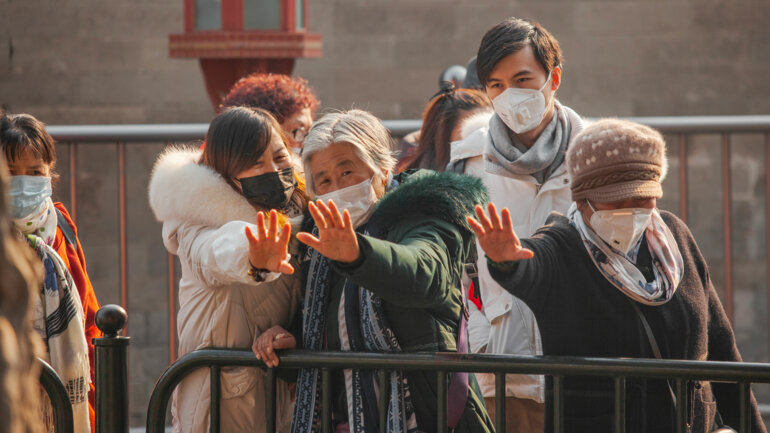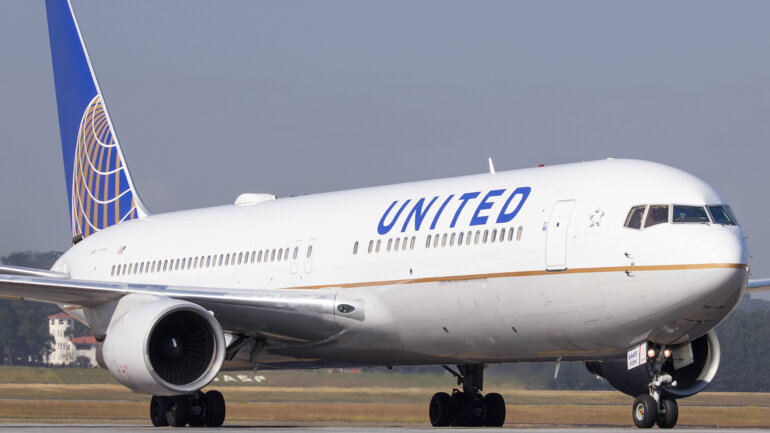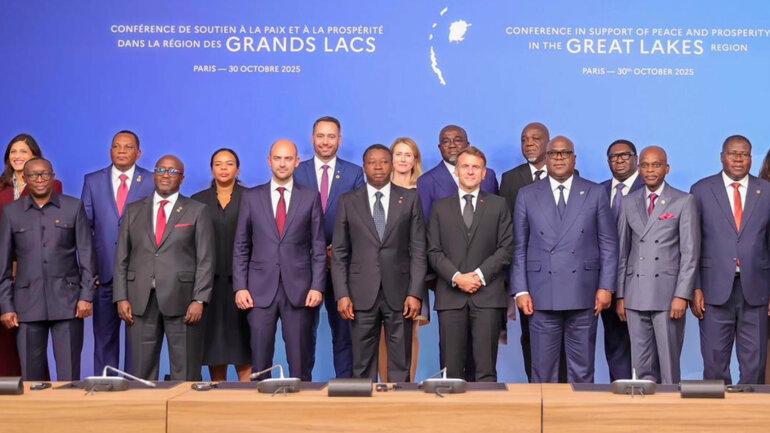
- Diplomatie

A comprehensive regional strategy is critical if countries are to successfully combat piracy in the Gulf of Guinea, a top United Nations official stressed today, highlighting the threat posed to the security and economic development of States in the region by the scourge.
The international community must build on the Security Council’s resolution 2018 (2011) to counter the growing menace of piracy in West Africa’s Gulf of Guinea region through coordination and logistical support to regional security initiatives, the United Nations top political affairs official told Council members this morning.
“Building on this resolution, the assessment and increased efforts by regional States, we must take further concrete steps designed to eradicate piracy in the Gulf of Guinea, which constitutes a clear threat to the security and economic development of the States in the region”, B. Lynn Pascoe, Under-Secretary-General for Political Affairs, said in a briefing ahead of a debate that heard from Council members, regional organizations and representatives of interested countries.
Describing the assessment mission on piracy, which visited Benin, Nigeria, Gabon and Angola (see Background), Mr. Pascoe noted that such crimes increasingly undermined socio-economic development efforts in the region and were becoming more violent and systematic, targeting lucrative cargo such as oil onboard the ships, rather than taking hostages for ransom as in East Africa. Incidents of piracy reported to the International Maritime Organization (IMO) had risen from 45 in 2010 to 64 last year. “Gulf of Guinea countries need a united front in order to respond effectively to the growing threat of piracy along their coasts.”
He welcomed measures to coordinate maritime security already taken by West Africa and Central African States, as well as the recommendation of the assessment mission that the Gulf of Guinea countries should convene a summit as soon as possible to develop a comprehensive strategy. He noted that United Nations offices were already helping States prepare for such a summit. He stressed, however, that regional States lacked technical and logistical capacities and urged that international assistance be provided in those areas, with further support for coordination provided by the United Nations.
Also briefing this morning was Abdel Fatau Musah of the Economic Community of West African States (ECOWAS) and Florentina Adenike Ukonga of the Gulf of Guinea Commission. Mr. Musah said that some observers might be wrongly tempted to think that the piracy problem in the Gulf had peaked, because Benin, the most affected State in the ECOWAS area, had recorded fewer incidents last year than the year before. That was only because the phenomenon was rapidly spreading around the region and increasingly dovetailing into oil bunkering, robbery at sea, hostage-taking, human and drug trafficking, terrorism and corruption. Urging a holistic approach to the scourge, he exhorted international partners to “buy into” the long-term perspective and to ratchet up their financial and technical assistance to the regional initiatives to strengthen maritime security capabilities.
Ms. Ukonga, summarizing collaborative efforts on maritime security between her organization and ECOWAS, stressed the insufficiency of the legal framework for dealing with piracy in the region, causing the release of piracy suspects. There was a particular need for an accepted, common definition of acts of piracy, with the same type of punishment in all the countries of the region, and possibly the establishment of a neutral jurisdiction that would try those arrested for acts of piracy.
Following those presentations, Council members and representatives of interested States agreed that piracy in the Gulf of Guinea was becoming a serious threat to peace and security and development. Concurring also that the primary responsibility for fighting that threat lay with the countries of the region, they welcomed regional initiatives, called for enhanced coordination and agreed on the importance of international support in providing the necessary technical and logistical capacity for joint patrols and other needed actions, with the United Nations helping to mobilize such support and assist with coordination of all efforts. Most speakers also supported the earliest possible convening of a summit for the purpose of drawing up an integrated, comprehensive strategy on confronting the threat.
The Minister of State in charge of National Defence of Benin, detailing what he called the tragic effects of piracy on development in his country, said that fees raised from the Port of Cotonou generated 80 per cent of the income for the national budget. Since the first attacks off Benin’s coast, the number of vessels entering the port had dropped by 70 per cent, causing the revenue essential for the State’s functioning to drop at a time when Benin was hoping for dividends from the major investments recently undertaken.
“Let there be no doubt regarding the substantial political will at the subregional and regional levels in confronting this growing threat,” Nigeria’s representative said. Describing the cooperation between her country and Benin in their joint patrols, she said that the programme could benefit enormously from enhanced surveillance systems, more patrol boats, better maintenance capabilities, funding, coordination centres and information sharing.
The Minister of Foreign Affairs of Togo also made a statement this morning, in his national capacity.
Elliott Ohin (photo) welcomed the increased attention to piracy following the meeting on organized crime and other security threats in the Sahel region. He thanked the Secretary-General for his support to sending the assessment mission on piracy. In order to face up to the “awful situation” that piracy was creating in the region, ongoing regional initiatives were critical. He noted the ratification of the maritime security convention in his country, as well as relevant activity of the country’s navy. Awaiting the convening of a regional summit, national and regional initiatives should be bolstered by international support, as there was a lack of capacity among countries in the region. Welcoming international security initiatives in that vein, he suggested that the United Nations could mobilize and coordinate international aid.
He thanked Security Council members for their support and their work on a second draft text on the issue.
© untogo.org





